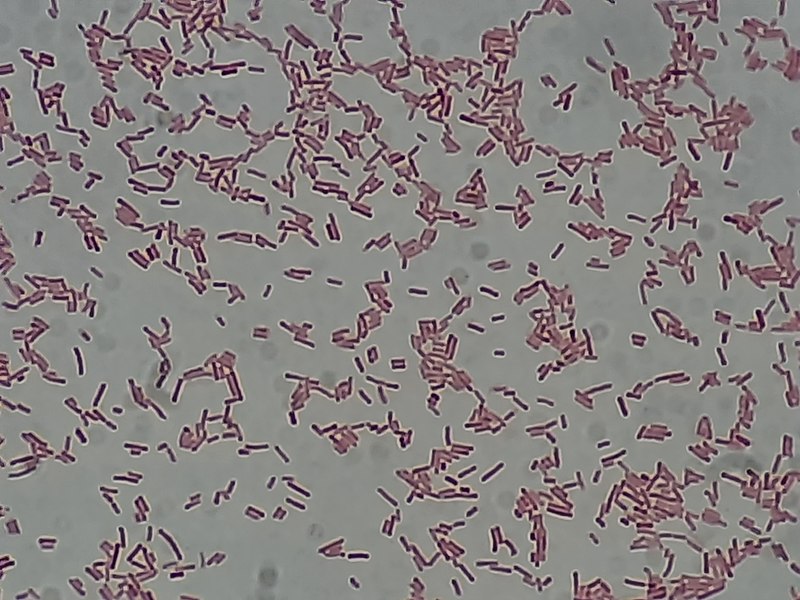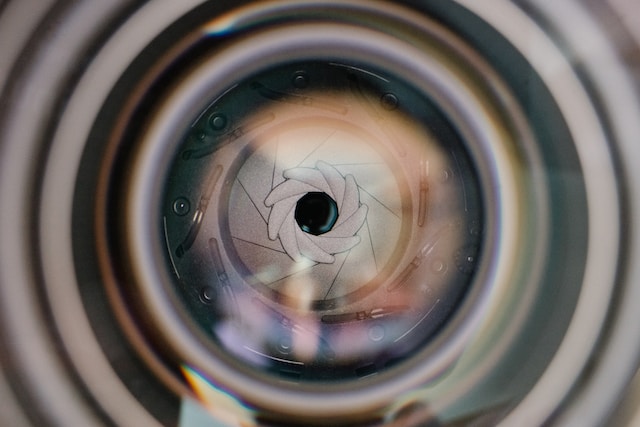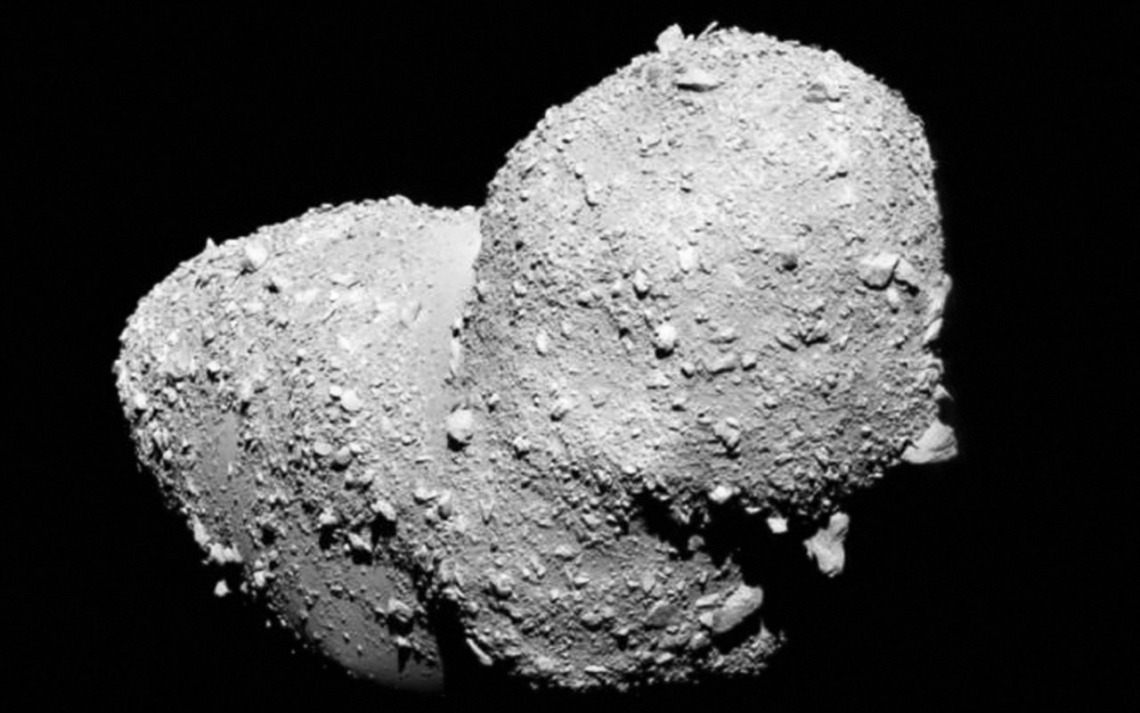The looming superbug infection crisis is a serious threat to global health. Antibiotic resistance is on the rise, and many common bacteria are becoming resistant to the drugs that we use to treat them.
It is estimated that by 2050, antimicrobial resistance could cause 10 million deaths each year. This could have a devastating impact on our healthcare system and our economy.
A team of researchers from Duke University has found a solution to defeat gram-negative bacteria like Salmonella, Pseudomonas, and E. coli, the culprits in many urinary tract infections (UTIs). The approach disrupts the bacterium’s capacity to form its outer lipid layer, akin to its protective skin, rendering the bacteria unable to survive.
The synthetic molecule rapidly eliminated 285 bacterial strains it was tested against.
The compound, called LPC-233 successfully disrupted the outer membrane lipid production in all tested gram-negative bacteria. Collaborators from the University of Lille tested it on 285 bacterial strains, including highly antibiotic-resistant ones, and it killed them all.
In animal trials, the compound exhibited efficacy through oral, intravenous, and abdominal administration. In one critical experiment, mice receiving a potentially lethal dose of multidrug-resistant bacteria were saved by the compound.
Further plans involve conducting clinical trials to assess the safety and effectiveness of LPC-233 in human subjects.







